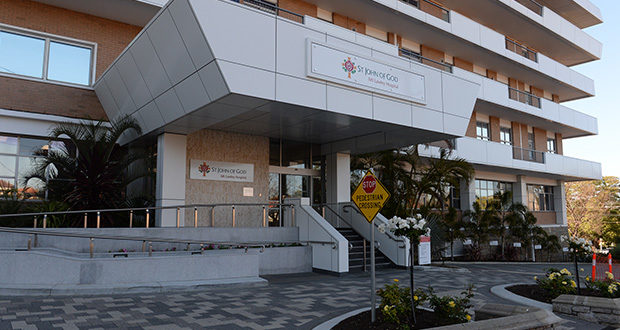NHS England has vowed to ensure that the case of a senior Black nurse who was subjected to racial discrimination will drive “meaningful and sustainable change” across the organisation and has outlined a series of actions it intends to take going forward.
Separately, the chief nursing officer (CNO) and chief midwifery officer (CMidO) for England have also issued a joint apology to Ms Cox, in which they pledged to “continue to challenge racism”.
“It is unacceptable to experience racism, discrimination or prejudice at work. We let Michelle down”
Amanda Pritchard
A recent ruling saw Ms Cox win an employment tribunal against NHS England and NHS improvement for racial discrimination and whistleblowing detriment.
The judgement had found that Ms Cox, who was employed by NHS England and NHS Improvement Commissioning as a continuing healthcare manager based in Manchester, faced discrimination, harassment and victimisation from her employer between 2019 and 2021.
It ruled she was treated unfavourably by her employer because of her race and because she was willing to speak up.
When the tribunal outcome was announced last month, Ms Cox said she hoped the “landmark outcome leaves a legacy for change for staff experiencing race discrimination”.
NHS England chief executive Amanda Pritchard has since issued a formal apology to Ms Cox, as previously reported.
Ms Pritchard has also now sent an internal message to all NHS England colleagues setting out what subsequent action has and will be taken at the organisation.
Michelle Cox
The message, seen by Nursing Times, said: “It is unacceptable to experience racism, discrimination or prejudice at work. We let Michelle down.”
It added that the organisation was grateful for Ms Cox’s “courage and resilience in speaking up about practice that was inappropriate and discriminatory”, adding that it was “committed to using the outcome of the tribunal to deliver actions so that others do not face the same or similar experience”.
Since the events occurred in 2019-20, NHS England had “made changes” to its recruitment processes, as well as to the “oversight and scrutiny” of formal employee cases and to training for investigating officers, Ms Pritchard claimed.
More than 7,000 NHS staff had also accessed workshops on recognising racism, conscious inclusion, allyship and advocacy and civility and respect, she noted.
The message went on to outline “initial areas for further action” that NHS England would take to “ensure the outcome of this case drives meaningful and sustainable change”.

Amanda Pritchard
This included training for all NHS line managers and leaders on recognising and addressing race discrimination and unconscious bias.
Action was also needed to improve the “quality and timeliness” of managers’ one-to-one conversations with staff, said the message.
In addition, there would be training for decision makers within employee relations investigations and panels to “understand the importance of identifying race discrimination and the many forms this can take”.
Ms Pritchard also outlined the need to ensure awareness of the appropriate routes for escalating concerns, including whistleblowing routes, and “build confidence” in NHS England’s processes with minority ethnic colleagues.
Anti-racism training would also be given to national and regional human resources and organisational development teams, under the actions outlined.
Within her message to colleagues, Ms Pritchard also stressed it was “important that we recognise and support those for whom this case resurfaces trauma”.

Ruth May
She encouraged colleagues who were suffering, or had suffered, racism or discrimination at work to “speak up and seek support”.
Meanwhile, England’s CNO Dame Ruth May and CMidO Professor Jacqueline Dunkley-Bent have expressed their “sincere and personal apologies” for the way Ms Cox was treated, as part of a message to the professions last night.
The pair said there was “absolutely no place, anywhere, for racism, discrimination or prejudice” and recognised that Ms Cox’s case was “not an isolated example of racial discrimination”.
“We will continue to challenge racism and our professions must continue to address racist behaviours and hold people to account,” they said.

Jacqueline Dunkley-Bent
They added that the professions must also “continue to prioritise and build upon” work around the development, opportunity and leadership of minority ethnic nurses and midwives.
In addition, they highlighted a recently launched anti-racism toolkit, created in partnership with the Nursing and Midwifery Council and NHS Confederation, to help combat racism and challenge racial discrimination.
“Having heard from, met with and listened to nurses and midwives over recent days about how Michelle’s case has made them feel and reflect on their own experiences of discrimination, it must be with renewed determination that, together, our professions drive forward with a collective commitment to anti-racism,” they added.






_12.png)
